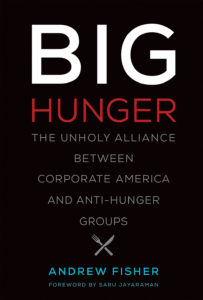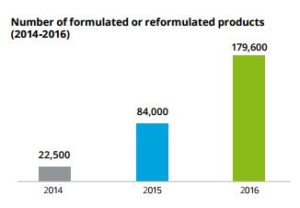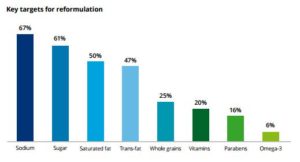What’s the fuss about GIPSA rules?
The USDA has just agreed to delay its controversial GIPSA rules which were supposed to go into effect this week but are now delayed until October.
GIPSA stands for USDA’s Grain Inspection, Packers, and Stockyards Administration.
USDA calls them “Farmer Fair Practices Rules.”
But the meat industry calls them “disaster rules.”
Like everything else having to do with agricultural policy, the rules are next-to-impossible for outsiders to understand. I’m using the USDA’s lengthy Q and A as a starting point.
The rules are designed to protect poultry producers who work under contract with highly concentrated chicken and turkey processors who monopolize the market.
As the USDA puts it, “processors can often wield market power over the growers, treating them unfairly, suppressing how much they are paid, and pitting them against each other.”
Furthermore, processors retaliate against growers who object to these unfair practices.
The GIPSA rules are supposed to
- Strengthen enforcement of existing fair-to-farmer regulations
- Establish criteria for determining if practices are unfair
Former USDA Secretary Tom Vilsack explained:
“You shouldn’t have to show if you’ve been treated unfairly or in a discriminatory way, that somehow what’s happened to you harms competition to the entire industry,” Vilsack told reporters as the rules were released. “That’s just an unreasonably high burden for anyone to have to meet.” Industry groups are, for the most part, not pleased.
That last is an understatement. The meat industry hates the rules..
The National Chicken Council, a trade association, says the GIPSA rules are “draconian” and “would inflict billions of dollars of economic harm to American agriculture.”
We are particularly troubled that the interim final rule and proposed rules appear designed to increase uncertainty and costly litigation—GIPSA even admits that substantial litigation will ensue—with no quantifiable benefits…Throughout the rules, GIPSA consistently substitutes government fiat for private, market-based decision making.
This looks like contract chicken growers vs. Big Chicken to me, with Big Chicken calling the tune.
Or do I misunderstand?




